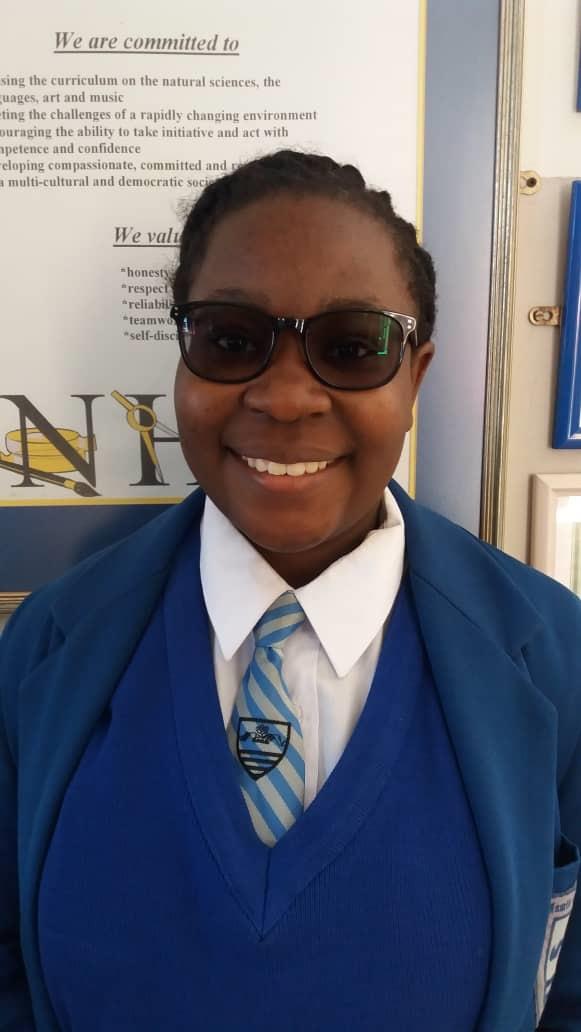The show must go on
Rebecca LasarusWith the announcement of the Covid-19 pandemic schools were closed as a form of preventing the Covid-19 pandemic from infecting the learners. However, this did not stop Namib High School (NHS) teachers from teaching and informing their learners, specifically their grade 12 scholars.
After the lockdown was announced NHS teachers began to communicate with their learners, with the first WhatsApp group (for the higher level students) formed on 25 March 2020 and thereafter many others followed with teachers instructing their learners and giving work even before the possibility of e-learning was raised by the ministry of education. Though this an unfortunate situation, it reminds us just how dedicated NHS teachers really are and show us, as students, that it really does pay to have teachers who have your best interests at heart and that are always prepared to do anything to achieve the excellence the school is known for.
Because of the pandemic, self-study has gone from being a choice to becoming a must, as it is not easy to sit down and open a book. What is done before and after opening that book ends up determining the effectiveness of studying.
Here are five tips on how to study effectively.
Give yourself enough time to study
Don't leave it until the last minute. Write down how many exams you have and the days on which you have to sit them then organise your study accordingly so that you have enough time to prepare for each while making allowances for your weakest subject. Finding a balance early on will help you stress less in the long run.
Organise your study space
Before you start studying you need to ask yourself this: Does the space that you’re studying have enough space for your books? Have you got enough light? Is your chair comfortable? Are your distractions out of sight? Is all your stationery present? Do you have snacks (preferably healthy ones) for when you are hungry? Think about what works for you, and take the time to get it right. This will help you concentrate on the task at hand and not having to get up every ten minutes to get something.
Use diagrams and revised notes
Visual aids can be really helpful when revising. At the start of a topic, challenge yourself to write down everything you already know about a topic - and then highlight where the gaps lie. Closer to the exam, summarise each chapter to as few pages as you can with diagrams. Getting your ideas down in this brief format can then help you to quickly recall everything you need to know during the exam without stressing about where everything is.
Practise on old exams
This helps you get used to the format of the questions, and - if you time yourself – will help you with time management.
Take regular breaks
While you may think it's best to study for as many hours as possible, this can actually be counterproductive. When you study for long periods at a time, your brain becomes tired and you actually start losing concentration and get distracted easily. Everyone's different, so develop a study routine that works for you.
Please remember that this is just a guide on how to efficiently study. Since we are all different, we understand and interpreted things differently and have different weaknesses, strengths and concentration and therefore we study differently. This is simply a guide to help lessen the stress of self-study.
Let us adhere to all health measures set in place now that we are back at school and ensure we stay safe at all times.





Comments
My Zone
No comments have been left on this article